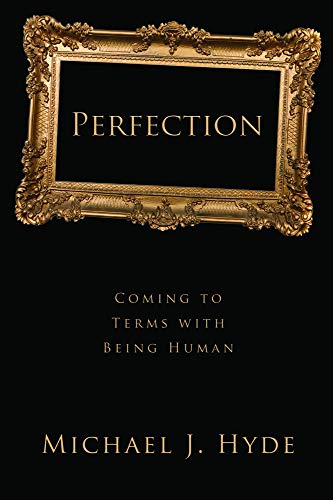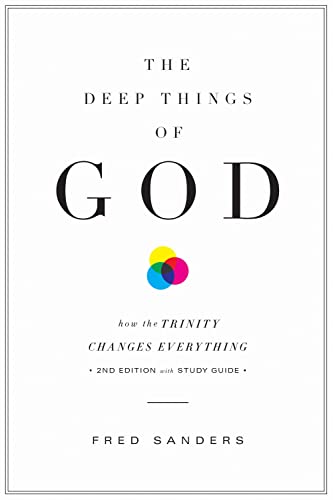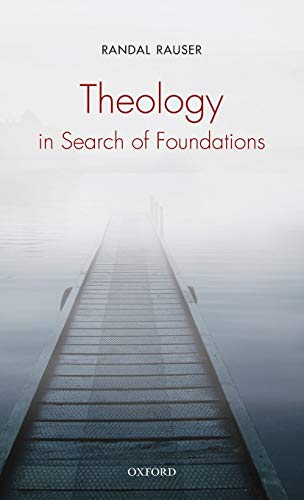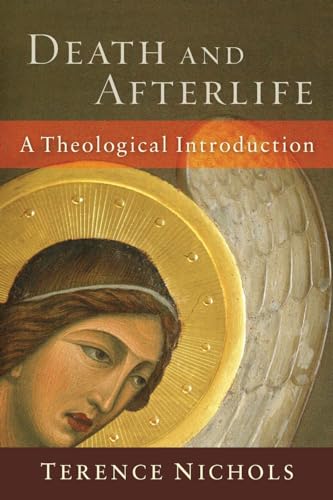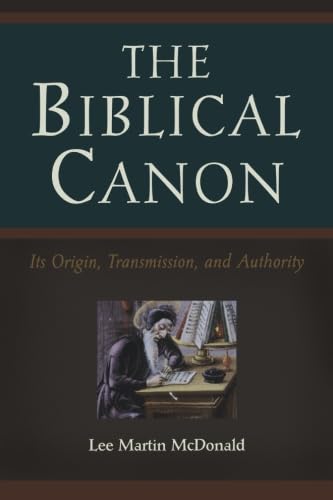Religious Faith, Torture, and Our National Soul
Written by David P. Gushee, ed. Reviewed By Justin D. BarnardIn the landmark 1964 U.S. Supreme Court obscenity decision Jacobellis v. Ohio, Justice Potter Stewart famously commented that despite the difficulty in defining pornography, “I know it when I see it.…” The problem, as Stewart’s quip suggests, is one of threshold. At what point does a cultural artifact cross the line between being in poor taste to being obscene? Discussions about torture seem vexed by similar vagueness. Few can say with much precision exactly what torture is, but many are willing to discuss the issue based on a tacit assumption that we all know it when we see it.
The present volume, a collection of essays presented at a 2008 conference on torture at Mercer University, is no exception. In this anthology, David Gushee, Distinguished Professor of Christian Ethics at Mercer, brings together a large contingent of religious leaders, activists, scholars, and lawyers from diverse religious backgrounds to “find words” in “their own voices” to express a shared “visceral conviction” that “No human being should be treated as we [the United States of America] have treated people in our post-9/11 national fear, grief, and anger” (p. xi). The apparently cathartic function of expressing this shared conviction that “pulses through this collection of essays” perhaps fuels the breathtaking scope of reflections in the book’s two major divisions: “Torture and U.S. Foreign Policy: Looking Back” (Part 1) and “Recovering Our Moral Bearings: Where Do We Go From Here?” (Part 2).
Part 1 contains five major essays, each supplemented by at least one concurring response, closing with a series of four, brief testimonials by lawyers with first-hand knowledge of conditions at Guantanamo. This section begins with two essays that helpfully trace recent historical developments in the U.S. military’s use of increasingly aggressive interrogation techniques. It also includes reflections on the human impact of torture from a field professional who works with victims and from a torture survivor. In addition to these retrospectives, the first part includes Gushee’s own analysis on what the “torture debate reveal(s) about American evangelical Christianity” (p. 79) with responses from Jewish, Roman Catholic, and Muslim perspectives.
Part 2 begins with three brief meditations or “sermons” on torture in relation to key theological themes or scriptural texts. Following these are essays (and supportive replies) that deal with the theological grounds of human rights, the challenges of reconciliation between evangelical and Muslim perspectives in the post 9/11 era, and the need for a “truth commission” in a climate of rhetorical obfuscation. After three essays by PhD candidates in religious and theological studies on Koran desecration, the “suffering torturer/hero motif in American culture,” and a theological critique of CIA black sites through the lens of Wolfhart Pannenberg’s work, the book concludes with an essay recommending a political strategy for cultural and policy change on the issue of torture.
Because this collection features work from thirty different contributors on such a wide range of issues related to torture, the volume as a whole tends to read like proceedings from the conference from which the project originated. For that reason, the book’s content might have been more effectively distributed as a series of podcasts. What internal conceptual unity the work as a whole does possess is supported by the axioms that undergird the contributors’ shared conviction. First, “torture is wrong. It is undeniably, morally, irrefutably wrong” (p. 11). Second, “we [Americans] have tortured people” (p. 115). Thus, the contributions reflect a plurality of perspectives in harmonious chorus on two major themes: the wrong(s) of torture, especially as committed by the U.S. government, and how citizens, especially Christians, ought to respond.
Despite the unanimity of purpose, the diversity among the contributors, both in terms of vocational and religious backgrounds, leaves the book thin in the way of sustained theological reflection on torture. What theological reflection it does contain gets expressed primarily in the three transitional sermons (Cheryl Bridges Johns, Fleming Rutledge, and Tyler Wigg-Stevenson), the essay on the religious foundations of human rights (Glen Stassen), and the theological ruminations on CIA black sites (Natalie Wigg-Stevenson).
Some of the theological insights offered in this subset may seem a bit strained. Some, for example, might puzzle over Cheryl Bridges Johns’s (“Sacred Bodies: Inspirited Flesh”) suggestion that our capacity to countenance torture without moral disapproval might be rooted in a failed ecological conscience: “Can it be too far of a jump in moral reasoning from ignoring the groans of creation to ignoring the groans of human flesh? Just how far apart are mountaintop removal and waterboarding?” (p. 124). Others may find Fleming Routledge’s consideration of God’s love for the sojourner (Deut 10:17–19), asking us to “imagine” detainees through the lens of this theological motif, a bit expansive: “Once a man (or woman) becomes powerless, then he is a sojourner. A sojourner is by definition at the mercy of someone else, some other group. It is this person who God loves; it is this person who is commended to us for particular care” (p. 132).
On the other hand, the bold argumentative work of Tyler Wigg-Stevenson (“Tortured Truth”) and the creative application of Pannenberg by Natalie Wigg-Stevenson (“Prisons Outside the Kingdom: A Theological Reflection on CIA Black Sites”) are noteworthy. The former tackles objections from an imagined interlocutor—the only essay in the volume that does this in a rigorously argumentative way. The latter articulates a compelling incompatibility between support for CIA black sites and a proper understanding of the Kingdom of God.
Ultimately, this book’s value for readers will be a function of how they position themselves in the conversation about torture. Skeptics about the two unquestioned assumptions above will not likely be persuaded since the book does not aim at a skeptical audience. Co-belligerents in the crusade against torture will find the unity of conviction refreshing. But those seeking a distinctively Christian, theologically robust perspective on torture may be disappointed.
Justin D. Barnard
Union University
Jackson, Tennessee, USA
Other Articles in this Issue
Most of our readers are theological students and pastors...
The Dazzling Darkness of God’s Triune Love: Introducing Evangelicals to the Theology of Hans Urs von Balthasar
by Stephen M. GarrettJürgen Moltmann observes that Christian theology and the Church face “a double crisis: the crisis of relevance and the crisis of identity...
Plots, Themes, and Responsibilities: The Search for a Center of Biblical Theology Reexamined
by Daniel J. BrendselIn the prolegomena to his “approach to biblical theology,” Charles H...
Since the mid-twentieth century biblical scholars have increasingly accepted that the texts of the Bible must be interpreted in terms of their literary genres...
The present age tends to regard polemics, theological controversies, and all-round doctrinal fisticuffs as, at best, a necessary evil, at worst, one of the most revolting aspects of Christianity...



